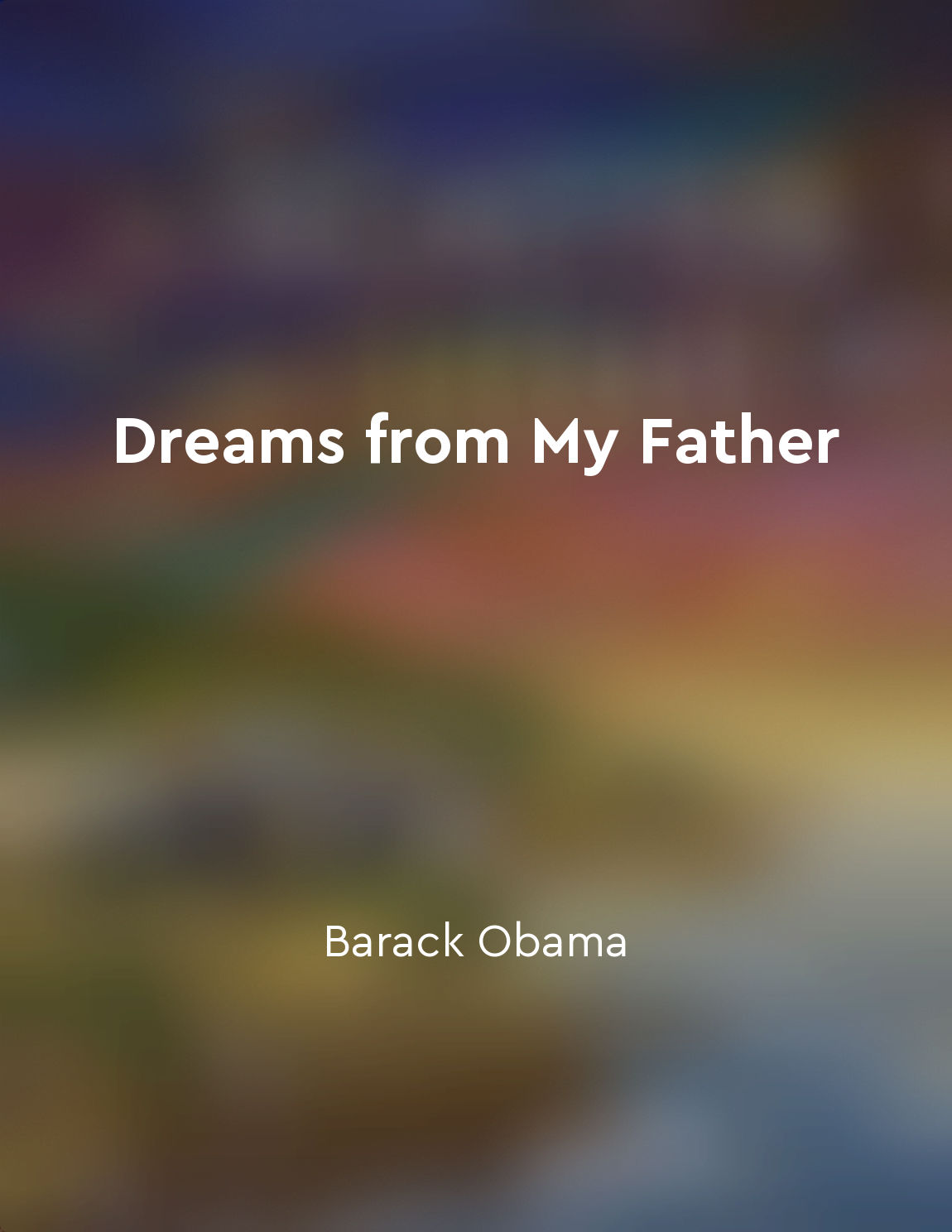Wealth and power concentrated in the hands of a few from "summary" of The Jungle by Upton Sinclair
In the squalid districts of Packingtown, where the air was thick with the stench of filth and the clamor of machinery, there existed a stark reality that was as cruel as it was undeniable. A reality that revealed the ruthless dominance of a select few who held the reins of power and wielded the scepter of wealth with unyielding hands. These powerful individuals, perched atop their ivory towers, controlled the destinies of countless souls who toiled ceaselessly in the grueling inferno of the meatpacking industry. The denizens of Packingtown, the downtrodden masses who eked out a meager existence in the shadow of the behemoth corporations, were mere pawns in the grand chess game of the elite. Their lives were expendable commodities, easily discarded in the pursuit of profit margins and the accumulation of lavish fortunes. While the privileged few reveled in opulence and decadence, the workers languished in poverty and misery, their dreams crushed beneath the weight of oppression and exploitation. The unrelenting march of progress, driven by the insatiable greed of the ruling class, trampled upon the hopes and aspirations of the common folk. The gap between the haves and the have-nots widened with each passing day, as the powerful consolidated their grip on the levers of power and the vaults of wealth. The system was rigged in favor of the few, who used their influence and resources to maintain their stranglehold on the economic and social fabric of society. In the hallowed halls of privilege, where decisions were made that shaped the lives of the masses, the voices of the disenfranchised were drowned out by the clamor of self-interest and self-preservation. The machinery of government, ostensibly designed to serve the needs of the people, had been perverted into a tool of oppression and subjugation by those who held the strings of power. Justice was a commodity that could be bought and sold, a mere illusion in a world where might made right. And so, in the midst of the teeming masses of Packingtown, the stark reality of wealth and power concentrated in the hands of a few stood as a testament to the inherent injustice of a system that favored the privileged few at the expense of the many. The struggle for survival in the jungle of modern industrial society was a battle that could only be won through solidarity and collective action against the forces of oppression and exploitation.Similar Posts

Technology played a central role in driving economic growth
Technology, with its remarkable ability to innovate and improve efficiency, has been the cornerstone of economic growth through...

Bridging divides through dialogue
Dialogue has the power to heal. It can bring people together, even those who seem irreconcilably different. Through conversatio...
Wealthy individuals must confront their complicity in perpetuating inequality
The wealthy individuals, those who have accumulated great fortunes and wield significant power, must acknowledge their role in ...
Desperation breeds recklessness
Desperation is a powerful force. It can drive people to do things they never thought possible, to take risks they would never h...
Persistence and determination are vital for lasting change
Lasting change is not achieved through sporadic bursts of effort, but through a sustained commitment to a cause. It requires pe...
Transformation
Transformation is a central theme in The Grapes of Wrath, as the characters undergo profound changes throughout the novel. The ...
Deregulation
Deregulation was the rallying cry of the free-market revolutionaries. They believed that government intervention in the economy...
Decline
The decline was everywhere, although no one could say exactly when it began. It was a gradual erosion, a slow fading of the Ame...
